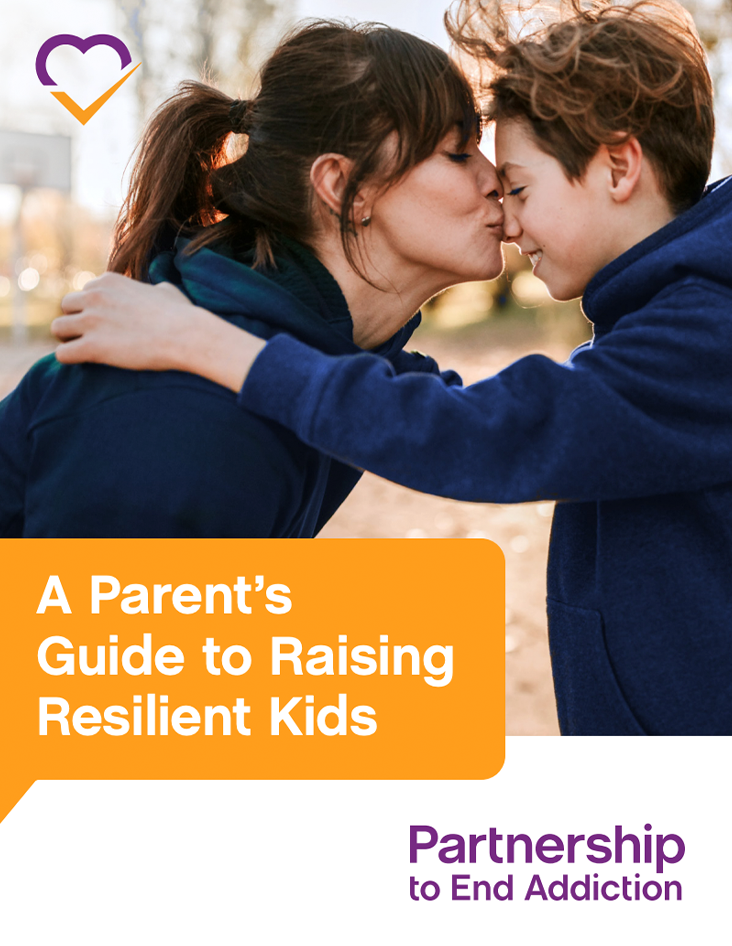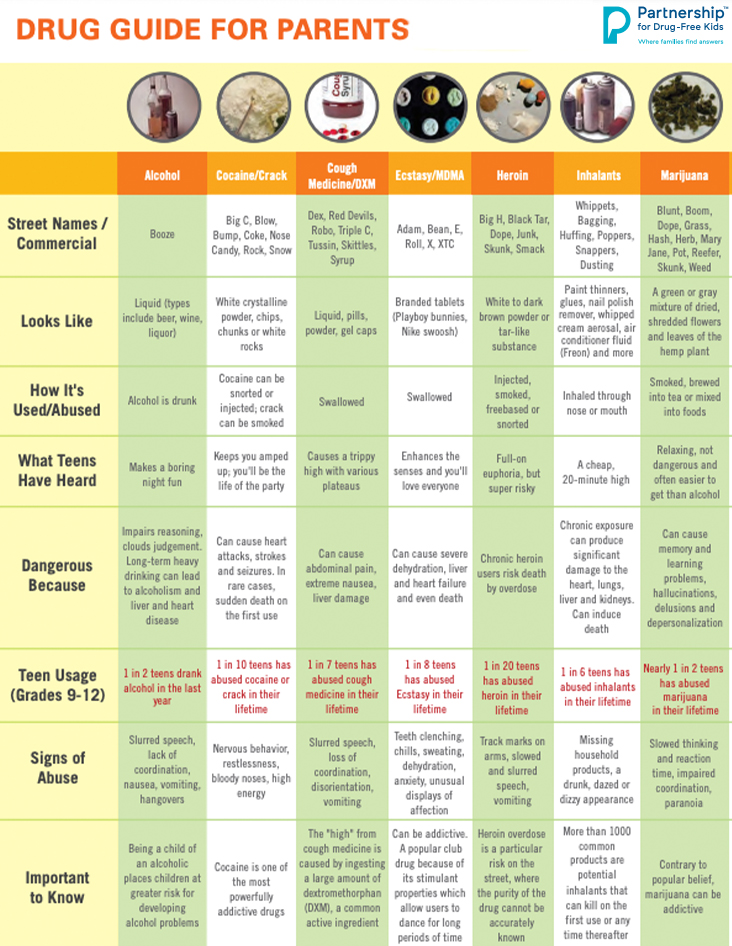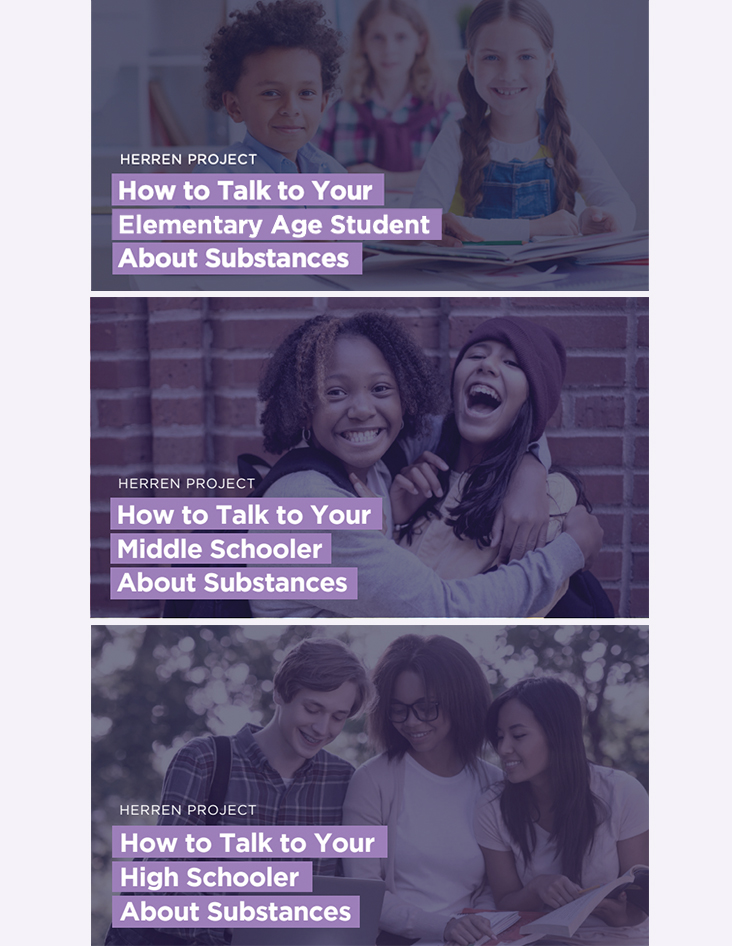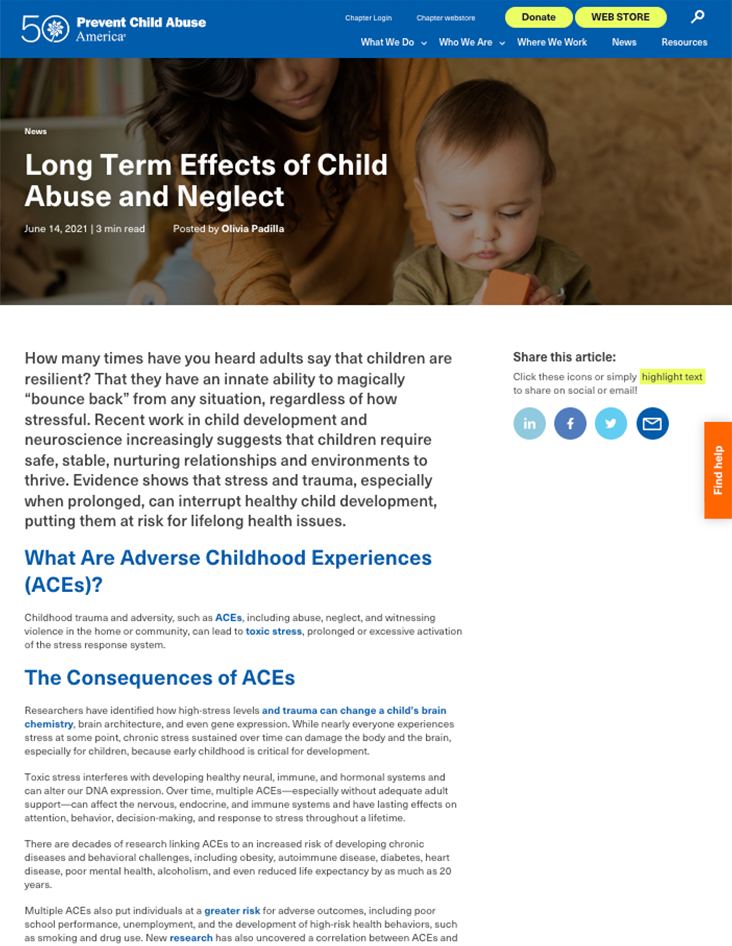YOUTH SUD PREVENTION
As children age, their stress levels increase. This stress can stem from various sources, including academics, family dynamics, extracurricular pressures, social media influences, and a swiftly changing body. As adolescents enter middle and high school, they may experience substances for the first time. It is essential to comprehend the dangers of adolescent substance use and the preventative measures that families and communities can take. Using substances at an early age increases the likelihood of addiction. The human brain continues to develop until the early 20s. The regions of the brain responsible for risk assessment and judgment are not completely developed in teens and young adults.
Furthermore, substance use has specific effects on the brain. Since their brains are still developing, forming connections, and learning patterns, it is more dangerous for a young person to use any substance, legal or illicit, because their brains are still maturing, forming connections, and learning patterns. Young drug use may unintentionally "teach" the brain to rely on substances to manage with stress or pressure.
90% of people who have a substance use disorder started using alcohol or drugs before they turned 18.
Research shows that the earlier a person starts using drugs in their life, the greater the risk of long-term issues, like developing a substance use disorder. (23)
RESOURCES FOR YOUTH PREVENTION
![]()
Shatterproof
Youth Resiliency Toolkit
This guide was designed to offer helpful suggestions to parents, caregivers, and educators looking for resources that strengthen youth resiliency and potentially prevent or delay experimentation with substances.
Shatterproof
Guide to Raising Resilient Kids
In addition to school programs, caregivers can learn how to help prevent addiction and other health problems in teenagers and children. This resource, from Partnership to End Addiction, contains practical, individualized guidance.
Drug Guide for Parents
Evidence-Based Drug Information
Information including drug descriptions, street names, risks, and what your child may have heard about them to inform and support your conversations with your children.
Herren Project
Discussion Guides
It is more important than ever to talk about substance use with our children. Download these age-appropriate discussion guides, created by licensed clinicians, for ways to start the conversation and discuss substance use.
OPTIONS
How to Help a Loved One
If a person you care about is using drugs and you are concerned that they might be in danger, there are some things you can do to help them stay safe and give them the best possible chance of recovery.
ACEs
Adverse Childhood Experiences
Evidence shows that stress and trauma, especially when prolonged, can interrupt healthy child development, putting them at risk for lifelong health issues including an increased risk for prescription opioid misuse.
LIFE-SAVING RESOURCES
SHARE FACTS
Download and share
Support the Share Facts Save Lives campaign with shareable content. These materials can be used to educate and create a path towards recovery.
STATEWIDE SERVICES
Treatment and recovery support
Access to mapping tools related to SUD treatment, such as residential treatment facilities, withdrawal resources, recovery residence options, and more.
OPTIONS MAINE
Know your options
OPTIONS Maine liaisons serve as a judgment-free point of contact who will meet people where they are in terms of their substance use.
2-1-1 Maine
Services directory
2-1-1 is a free, confidential information and referral service based in Maine available 24/7 that connects people of all ages to local services.







